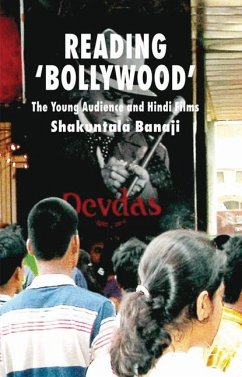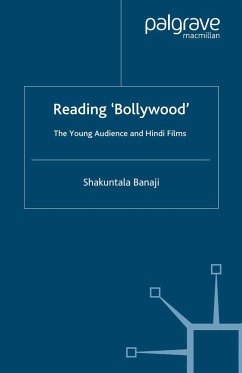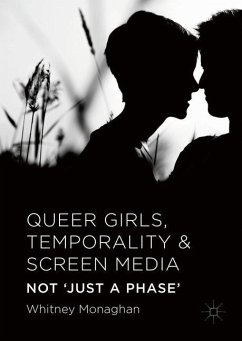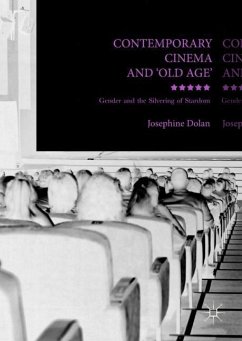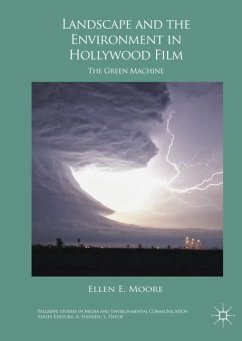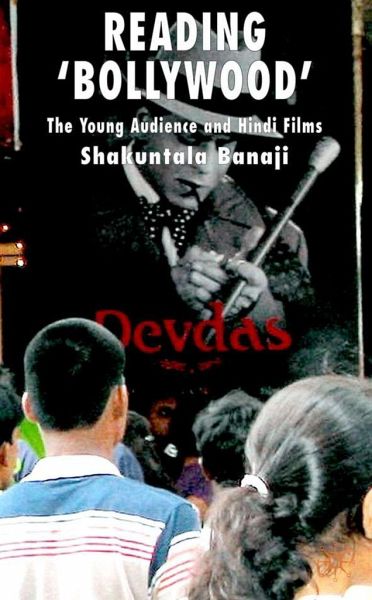
Reading 'bollywood'
The Young Audience and Hindi Films
Versandkostenfrei!
Versandfertig in 6-10 Tagen
38,99 €
inkl. MwSt.
Weitere Ausgaben:

PAYBACK Punkte
19 °P sammeln!
This book explores representations of gender, sexuality and ethnicity in Hindi films, in the socio-political context and in terms of how young audiences in India and the UK construct them. In-depth interviews, observations and photographs provide insights into spectatorship and comparison with theories about Hindi film and popular culture.





